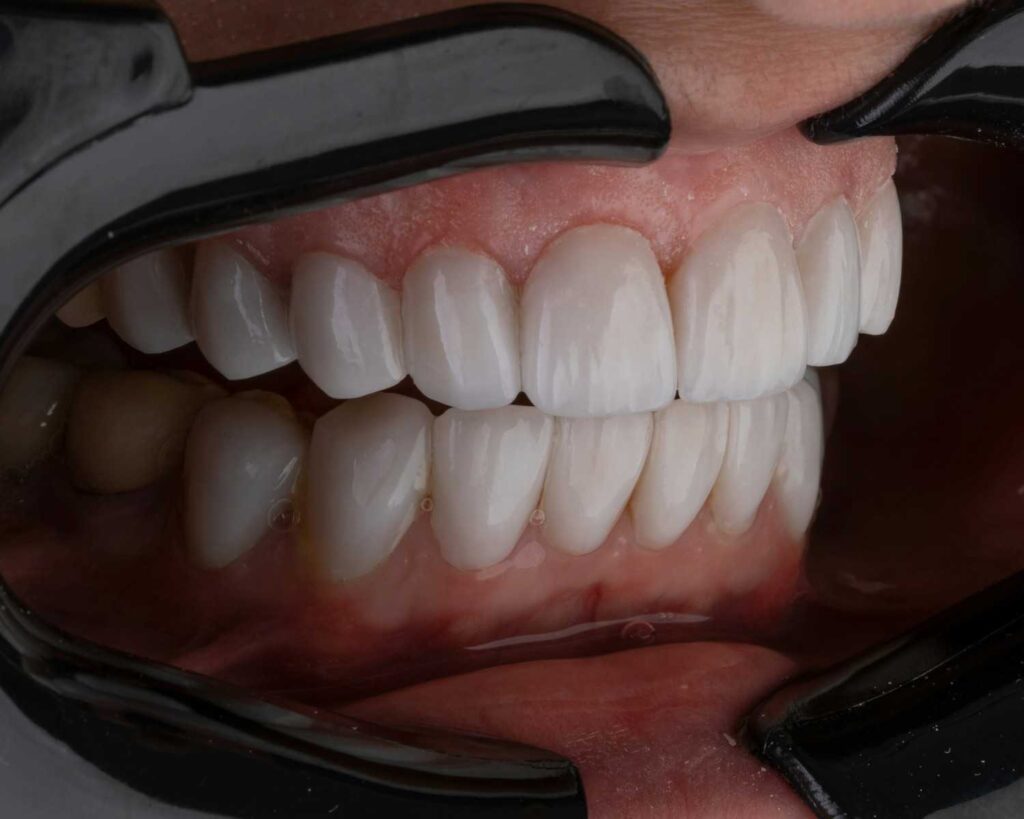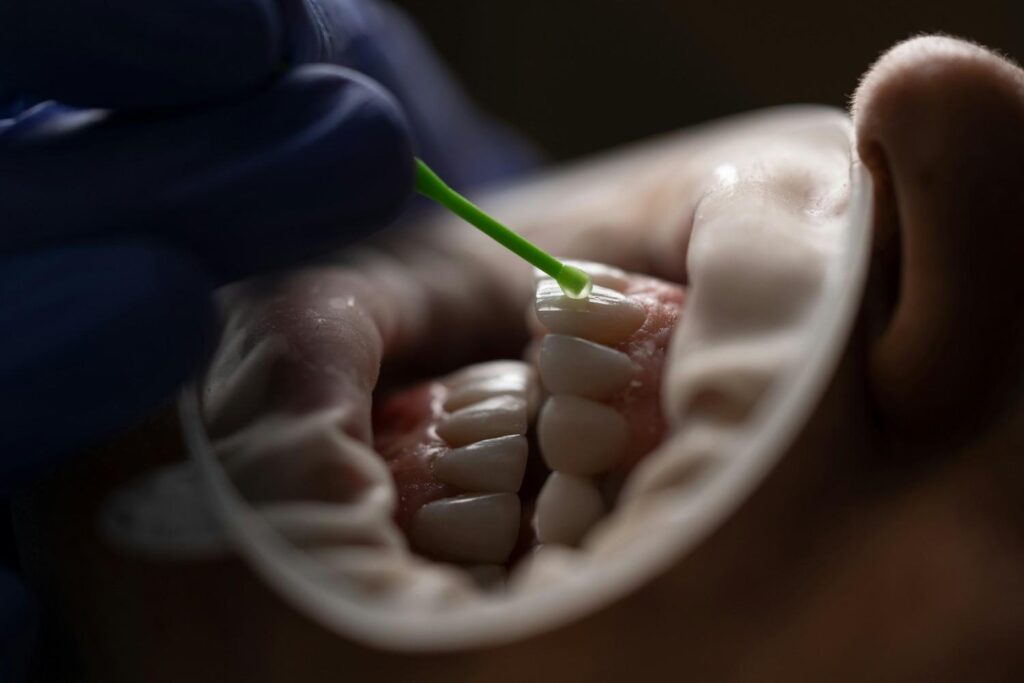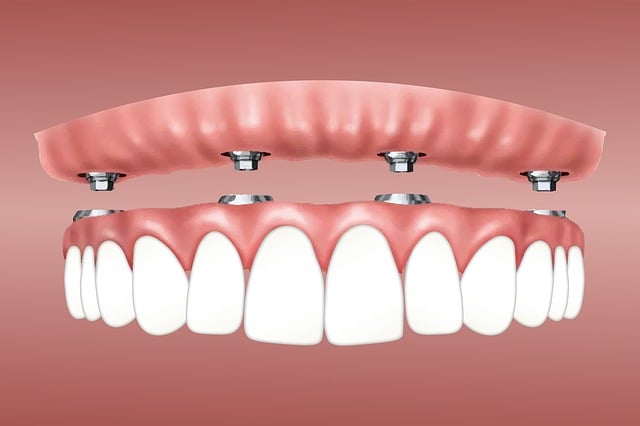Wisdom Teeth At Age 40
As we carry on with life, we experience various achievements and difficulties. Managing wisdom teeth is one such test for some individuals. Wisdom teeth are the last arrangement of molars that come in during the late teens or mid-twenties. Certain individuals approve of their wisdom teeth and decide not to end them.
At [StoodMens], we know how significant oral well-being is, particularly about wisdom teeth. In this article, we discuss wisdom teeth at age 40 issues as you progress through the years. We’ll offer you guidance and data to assist you with managing this.
Can teeth grow at age 40?
Indeed, teeth can in any case change or fill in adulthood, even at 40 years old. Be that as it may, this includes existing teeth moving or wisdom teeth ejecting as opposed to new teeth framing. There are a couple of motivations behind why issues with wisdom teeth could occur after the age of 40:

- Teeth Moving: As we age, our teeth can move, which could create issues with wisdom teeth at age 40.
- Gum Changes: More established adults have changes in their gums, such as contracting or enlarging, which can cause issues with wisdom teeth.
- Medical conditions: Some medical problems, like diabetes, can make issues with wisdom teeth almost certain.
- Not Seeing the Dental Specialist: If somebody hasn’t been to the specialist, they could dislike astuteness teeth.
- Past Wounds: Assuming somebody has harmed their teeth before, they could get issues with wisdom teeth later.
- Family Qualities: At times, individuals get characteristics that make issues with wisdom teeth at age 40 more normal.
- Changes in the Mouth: As we get older, our mouths can change, which could bring on some issues with wisdom when teeth spring up.
Understanding these reasons can help people care more for their teeth and manage any issues that surface with their teeth as they age.
The first signs of wisdom teeth coming in
Perceiving when your wisdom teeth are coming in is significant so you can deal with them early. Here are a few signs that could mean your wisdom teeth are beginning to come through:
- Feeling Awkward: You could feel some gentle to direct distress or periodic agony toward the rear of your mouth where your wisdom teeth are coming in.
- Sore Gums: The gums toward the rear of your mouth could feel delicate, enlarged, or puffy as your wisdom teeth at age 40 begin to push through.
- Jaw Feels Firm: Your jaw could feel solid or tight, particularly when you open your mouth wide or bite, in light of the tension from your new teeth.
- Red or Disturbed Gums: The gums around your new teeth could look red, bothered, or somewhat enlarged because they’re pushing through.
- Halfway Tooth Appearing: Now and again, you could see part of your wisdom teeth at age 40 jabbing through your gums. They’ll seem to be little, white knocks at the rear of your mouth.
- Changes in Your Chomp: Your teeth could begin to feel a bit different when you clamp down, or there may be some extra room between your teeth in light of your new teeth.
- Difficult to Clean: Because your wisdom teeth are at the rear of your mouth, it tends to be interesting to clean them well. This can prompt food to stall out and make your gums get excited or rot.
- Terrible Breath: Your breath could smell horrible in the space where your new teeth are coming in because microbes can develop there.
Realizing these signs can assist you with making a move early, such as going to the dental specialist to check whether you want to have your wisdom teeth taken out. Seeing your dental specialist and conversing with them about any issues with your teeth is significant.
Treatment Choices for wisdom teeth at age 40
At the point when you generally disapprove of your wisdom teeth, your initial step is to see an oral specialist. This could occur during your treatment:
- Chat with the Specialist: The specialist will ask you inquiries about your side effects, stresses, and clinical history.
- Tests: You could need unique pictures like X-beams to assist the specialist with seeing your teeth better.
- Making an Arrangement: The specialist will arrange for you, given what they track down in the tests.
- Taking Medication: On the off chance that your teeth are tainted or enlarged, you could have to take anti-microbials to assist them with feeling improved.
- Overseeing Pain: You could likewise have to take pain medication to assist with any discomfort from your insight teeth.
- Washing Your Mouth: Using warm saltwater or unique mouthwash can assist your gums with mending.
- Utilizing a Support: At times, if your teeth are awkward, the specialist could use a brace to assist with keeping them consistent.
- Taking Out the Teeth: On the off chance that your concerns are significant, the specialist could have to take out your wisdom teeth to stop the aggravation and forestall more issues.
- Fixing Gum Issues: Assuming your wisdom teeth have caused gum infection, you could need medicines to make your gums sound once more.
- Looking Up: After your treatment, you’ll have to return to the specialist to ensure all that’s mending like it ought to.
By cooperating with your specialist and sticking to the script, you can deal with your dental issues and feel much improved.
Different Oral Medical procedures
At the point when now is the right time to end your wisdom teeth at age 40, there are various ways it can work out. The following are two well-known ways oral specialists make it happen:
- Basic Evacuation: Here the tooth is taken out using desensitizing medication, without expecting to cut the gum.
- Careful Evacuation: Sometimes, on the off chance that the wisdom tooth is stuck or in a precarious spot, the specialist could have to use a medical procedure to take it out. This could need general sedation, and they could need to slice the gum to get to the tooth.
It’s vital to realize that taking out wisdom teeth for individuals aged 40 may be different due to things like changes in their bones and a higher opportunity of nerve harm.
At your dental specialist, we care very much about ensuring our patients are protected and happy during their treatment. We use the best strategies and innovation to ensure everything works out in a good way and meets every individual’s requirements.
By becoming familiar with these systems and chatting with your specialist, you can determine what’s best for you and deal with your wisdom teeth, regardless of how old you are.
Potential Risks
It’s essential to be aware of the potential dangers that can happen when you have your wisdom teeth at age 40. Here are some things to contemplate:
- Contamination: In some cases, the tooth that was taken out can get tainted, which could cause pain and enlarge.
- Dry Attachment: On the off chance that the blood clots in the structure where your tooth was taken out come out too soon, it can cause a great deal of pain.
- Nerve Harm: The nerves close to where your tooth was taken out could get injured, which can cause portions of your mouth to feel numb or swollen.
- Dying: At times, there can be a great deal of draining during or after the method, which could need extra help to stop.
- Sinus Issues: If your top wisdom teeth are toward the rear of your mouth, there’s little opportunity for the medical procedure could influence your sinuses.
- Harming Different Teeth: Now and again, the teeth close to where your tooth was taken out could get injured during the system.
- Jaw Break: Once in a blue moon, the jawbone could break during the oral medical procedure, particularly on the off chance that the tooth is stuck.
- Hypersensitive Responses: Certain individuals could have susceptible responses to the medication utilized during the system.
- Enlarging and Swelling: It’s generally expected to make them grow and swell around where your tooth was taken out, but it disappears in a couple of days.
- Jaw Issues: Moving your jaw during the method could exacerbate any current jaw or cause your jaw to feel firm and awkward for a brief period.
These things can occur, yet they’re not normal. Your specialist wisdom teeth removal will give their all to ensure everything works out and will let you know how to deal with yourself thereafter to assist you with recuperating
Conclusion
Managing wisdom teeth at age 40 requires understanding wisdom teeth removal the difficulties that could arise. It’s essential to see any early indications of issues and find support from a dental specialist. With better dental consideration choices accessible now, individuals can deal with their wisdom teeth and keep their mouths sound as they progress in years. By remaining educated, going to the dental specialist, and working with dental specialists, anybody can deal with their wisdom teeth well, regardless of how old they are.
Asked Question
Is 35 too old to have wisdom teeth removed?
No, 35 isn’t old enough to have thinking teeth removed. While wisdom teeth arise during late adolescence or mid-twenties, they can create some issues at whatever stage in life. Assuming that insight teeth are causing uneasiness, disease, or different issues, they can be eliminated at age 35 or more.
What happens if you wait too long to get wisdom teeth out?
Standing by lengthy to-end wisdom wisdom teeth removal teeth can prompt different complexities. These incorporate expanded hazards of disease, harm to encompassing teeth, advancement of growths or cancers, and expected swarming or misalignment of teeth. It’s crucial to address shrewdness teeth issues to keep away from these issues.
Is there an age limit on wisdom teeth?
There is no particular age limit for wisdom teeth removal wisdom teeth. While they arise during their late adolescence to mid-twenties, certain individuals may not encounter issues with their wisdom teeth until some other time throughout everyday life. Oral well-being experts take a look at each case to decide whether wisdom teeth expulsion is essential, paying little mind to mature.
What is the oldest age you can get wisdom teeth?
Wisdom teeth can arise at whatever wisdom teeth removal stage in life, yet seeing them in more established adults is more uncommon. The most established age for wisdom tooth development changes from one individual to another. At times, wisdom teeth may not arise until the late twenties, thirties, or later.
At what age do you get wisdom teeth taken out?
Wisdom teeth are removed during wisdom teeth removal the late teens or mid-twenties when they begin creating some issues like agony, disease, or swarming. Be that as it may, certain individuals might have to have their wisdom teeth removed at a more youthful or more established age, contingent upon individual conditions and oral well-being needs.







